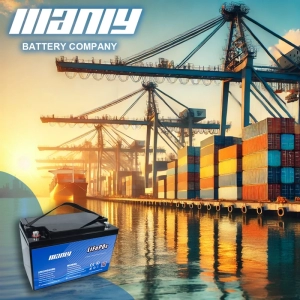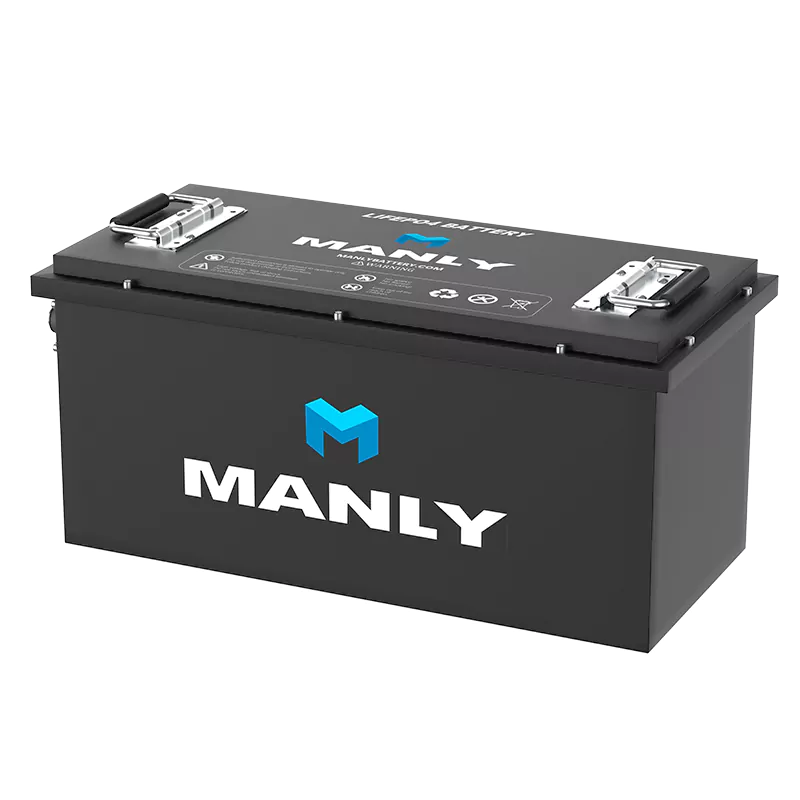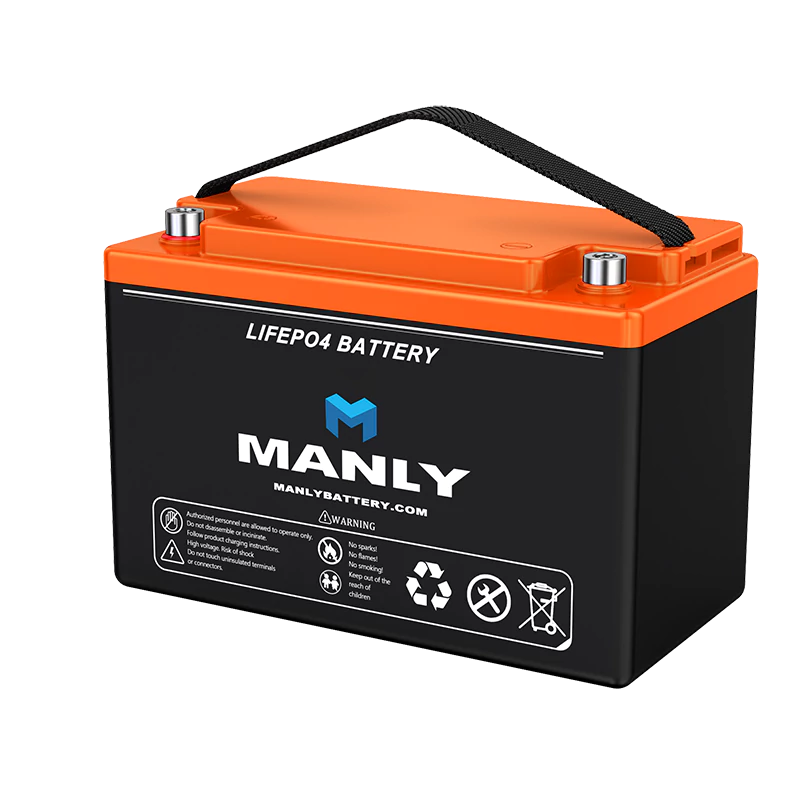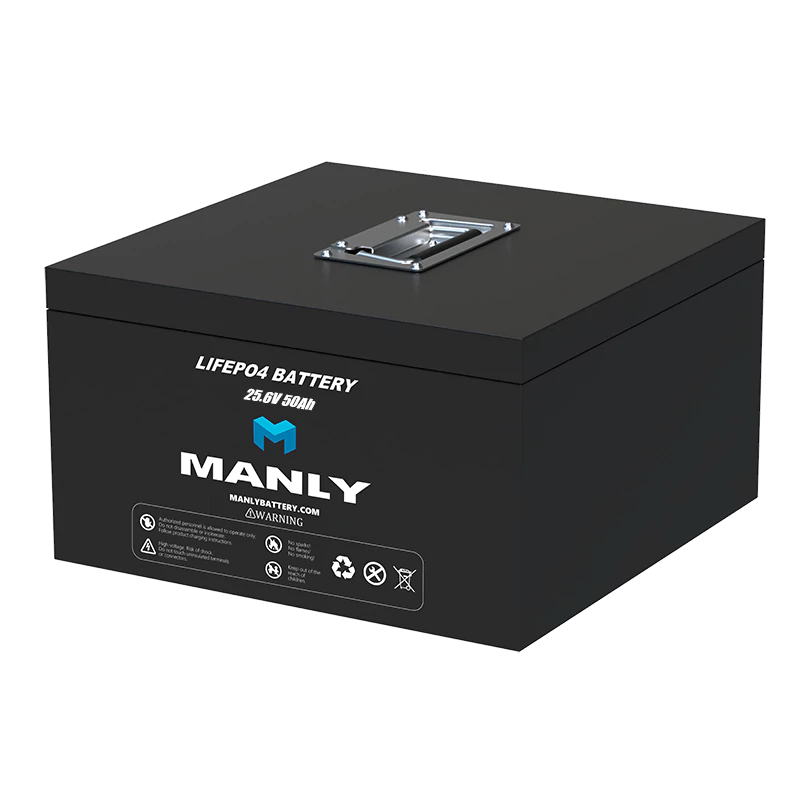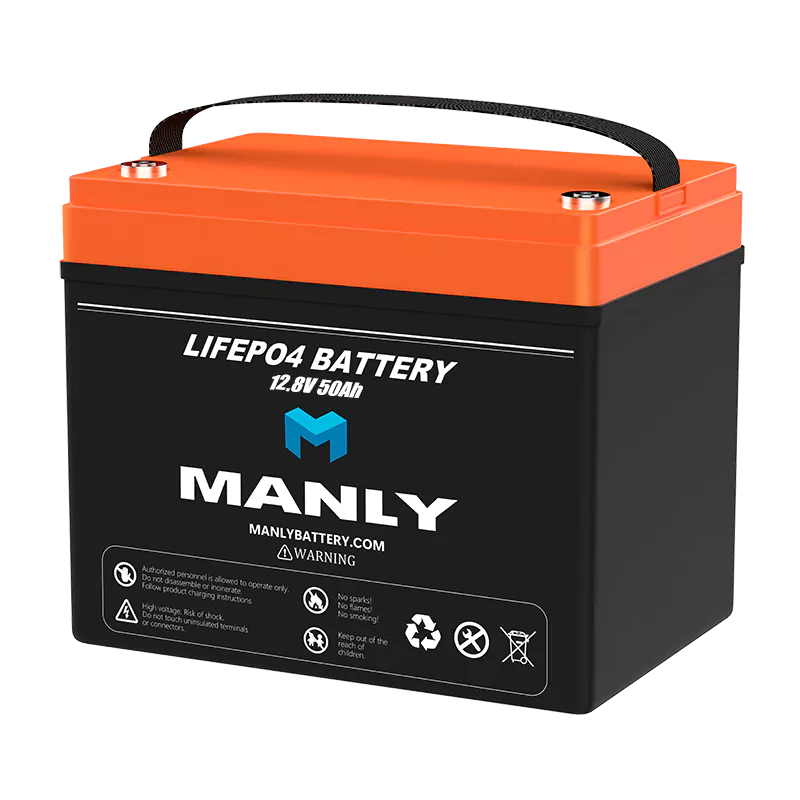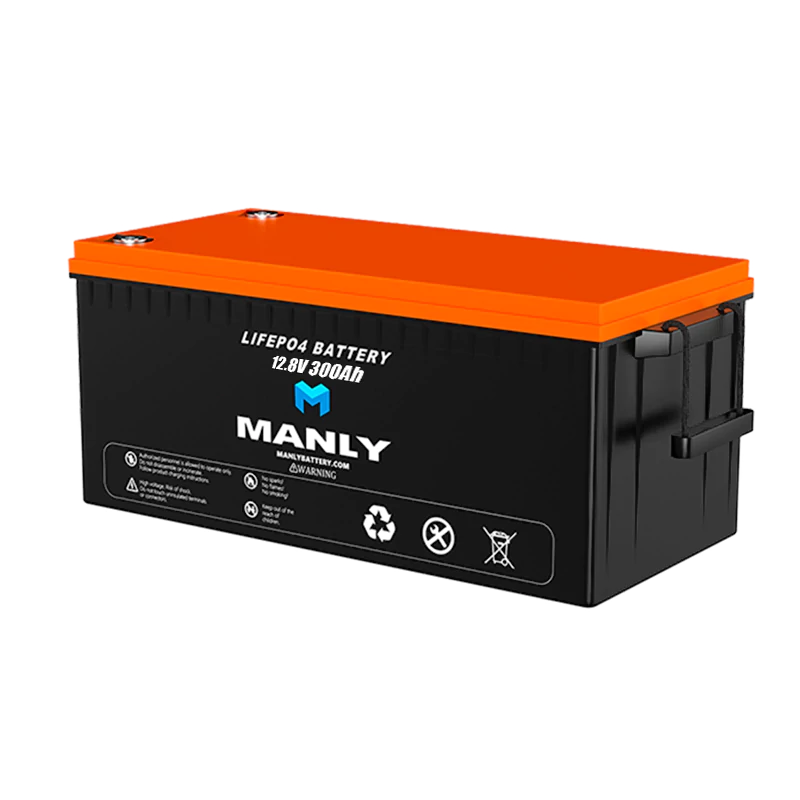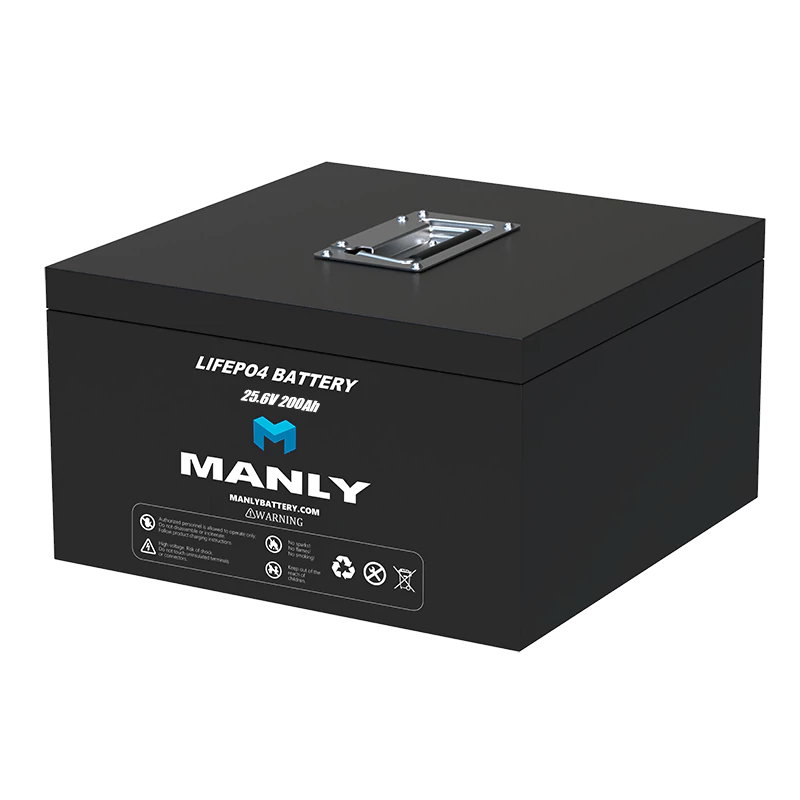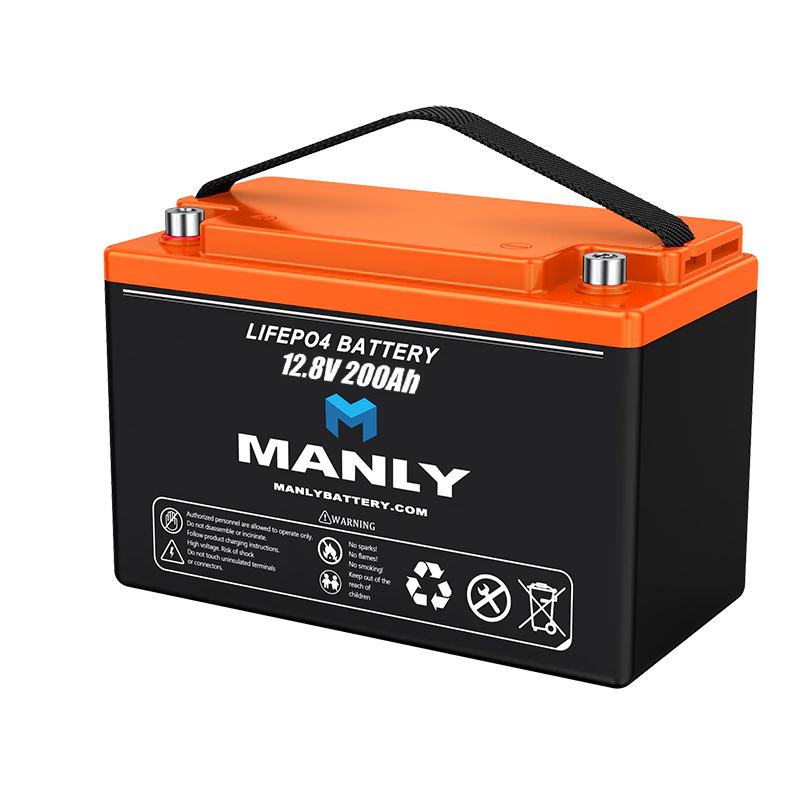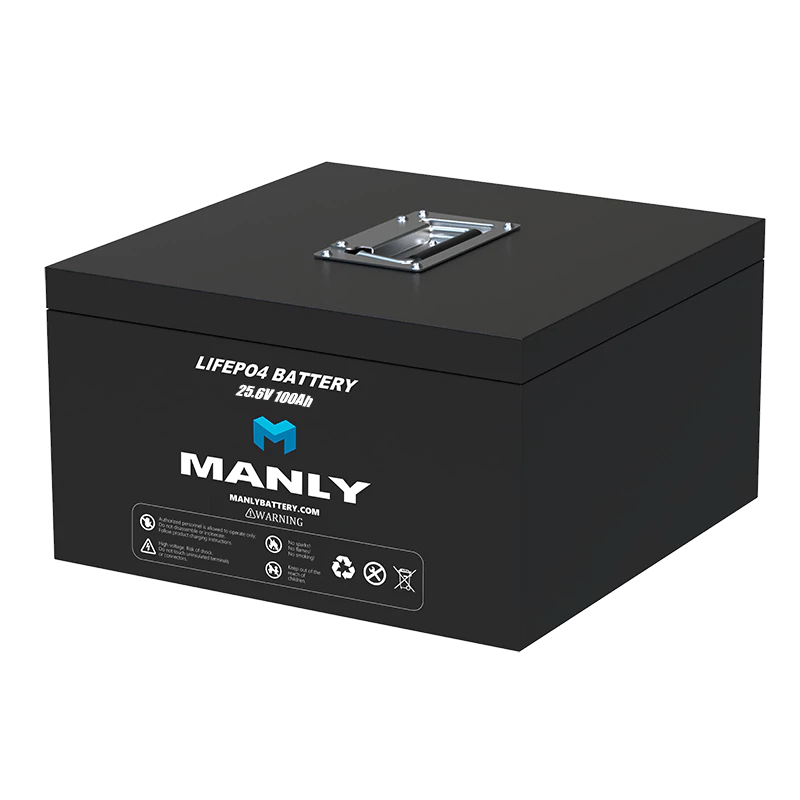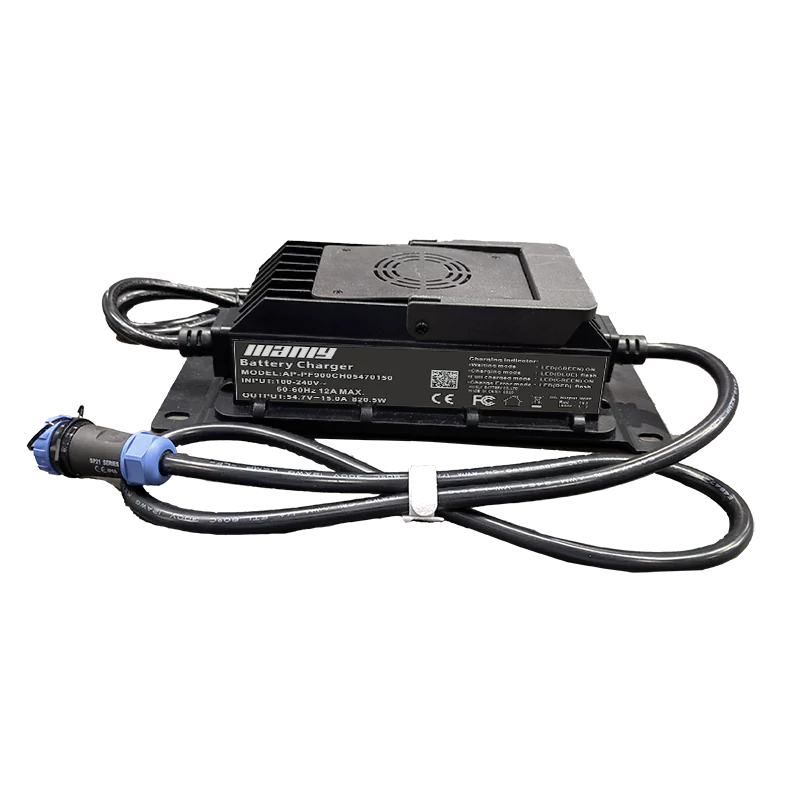Is a Marine Battery a Deep Cycle? What You Need to Know
Table of Contents
- Is a Marine Battery a Deep Cycle? What You Need to Know
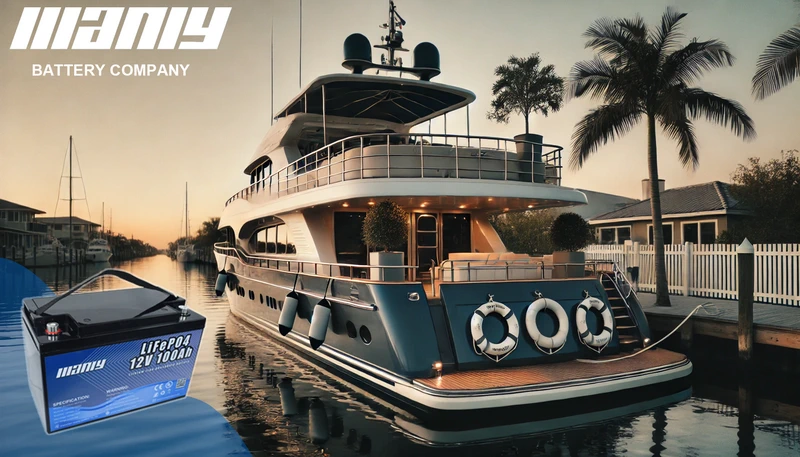
Types of Marine Batteries: What You Need to Know
1. Dual Purpose Marine Batteries
Key Features and UsesLet's start with dual purpose marine batteries—these guys are a bit of a jack-of-all-trades. They're designed to start your engine and run your boat's accessories. So, this is your best bet if you need a single battery that can hold a burst of power to kickstart your engine and run things like lights or a fish finder.Benefits for Boat OwnersThe beauty of dual-purpose batteries is that they save you space and money. Instead of buying separate batteries for starting and deep-cycle use, you get the best of both worlds in one package. But remember, if you're out on the water for long stretches and are using your boat's electronics heavily, these batteries might not last as long as a dedicated deep-cycle option.2. Deep Cycle Marine Batteries
Characteristics and ApplicationsIf you plan on using your boat's electronics for extended periods—like a trolling motor for hours on end—you'll need a deep-cycle marine battery. These batteries are built to be discharged and recharged repeatedly without compromising lifespan. Deep-cycle batteries are ideal when your boat's power needs are more consistent over long periods.When Deep Cycle Batteries Are Ideal for Your BoatYou want a deep-cycle battery if you're out fishing for hours, running your trolling motor, or just enjoying a day on the water with lots of lights and gadgets. It's perfect when you need to drain the battery over time and still get reliable performance without worrying about losing power halfway through your trip.3. Starting Marine Batteries
How They Differ from Deep Cycle and Dual PurposeMarine batteries are designed for one specific purpose—starting your engine. They're built to provide a quick, high-power burst of energy to get your boat's engine going. However, unlike deep-cycle batteries, they're not made to be drained and recharged repeatedly, so using them for prolonged power output can damage them.Key Uses for Starting Batteries on BoatsIf your boating activity mainly involves quick trips or short outings where you're primarily starting your engine and not using many electronics, a starting battery is exactly what you need. These batteries are about getting your engine up and running—no frills, just pure starting power.4. Trolling Motor Batteries
What Sets Them Apart?When it comes to trolling motor batteries, they're the marathon runners of the marine battery world. These are deep-cycle batteries but designed explicitly for trolling motors. Why? Because trolling motors draw power over long periods at a steady rate. Trolling motor batteries are built to handle this demand, keeping you on the water longer without worrying about battery drain.Why Specific Batteries Matter for TrollingNot all batteries are created equal, especially regarding the demands of a trolling motor. Trolling motor batteries are designed to deliver a consistent power flow without the performance drop you might get from other types of batteries. This means you can keep moving without worrying about sudden drops in power, which is crucial for fishing, boating, or any other extended on-water activity.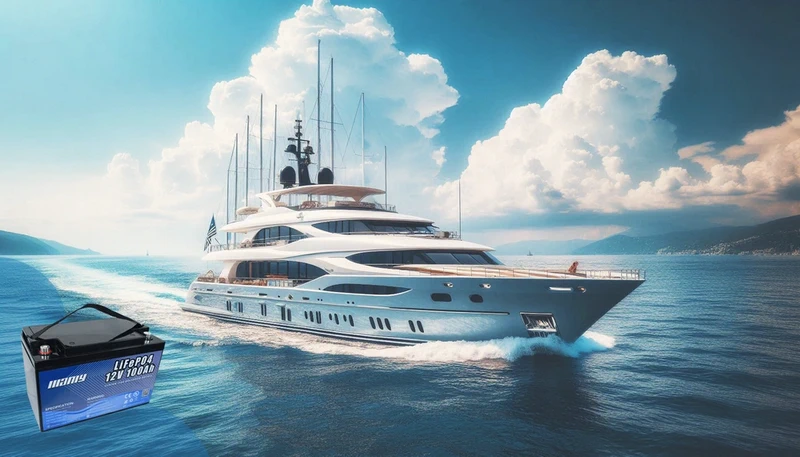
Why Lithium Batteries Are Gaining Popularity in Marine Applications
1. The Rise of Lithium Marine Batteries
Lithium batteries are making waves in the boating world, and it's easy to see why. They're lighter, more efficient, and last far longer than traditional lead-acid batteries. Lithium batteries charge faster, take up less space, and provide more consistent power. As boating enthusiasts look for reliable, high-performance solutions, lithium marine batteries are quickly becoming the future of boating power.2. Benefits for Boating Enthusiasts
Lithium is hard to beat if you're looking for a reliable, low-maintenance battery that can withstand long days on the water. Lithium marine batteries offer high energy density, which packs more power into less space. So, your boat remains lighter, which translates to better fuel efficiency and performance.Another big perk? Lithium batteries last significantly longer than lead-acid batteries. While a lead-acid battery might last you a few years, a lithium battery can last up to 10 years or more, making it a worthwhile investment if you plan to get much use out of your boat.3. How Lithium Compares to Lead-Acid Batteries
When it comes to lithium vs. lead acid, the differences are clear. Lead-acid batteries are heavier and less efficient and degrade over time, meaning they lose their ability to hold a charge. Lithium batteries, conversely, are lightweight, charge faster, and maintain their performance much longer. Lithium batteries cost more upfront, but the long-term savings from fewer replacements and lower maintenance make them a solid investment.4. Cost vs. Longevity
Here's the deal: lithium marine batteries cost more initially, but you'll likely save money over time. With their longer lifespan (typically 2-3 times that of lead acid), you won't have to deal with frequent replacements or maintenance, and they're more energy-efficient. Ultimately, the higher upfront cost is offset by the longer-lasting value.5. Weight and Efficiency Considerations
Let's not forget about weight. Lithium marine batteries are lighter than their lead-acid counterparts, which is a huge bonus for boaters trying to reduce their vessel's weight for better fuel efficiency or handling. Plus, they're more efficient, meaning they deliver more power per pound than lead-acid batteries, allowing you to maximize your boat's performance.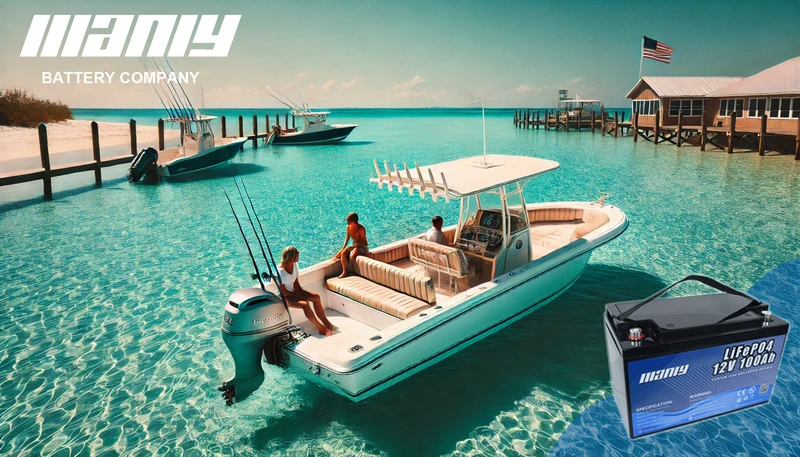
Choosing the Right Marine Battery for Your Boat
1. Understanding Battery Sizes and Power Needs
Choosing the right marine battery starts with understanding your boat's power needs. Are you using your boat for short trips with minimal electronics? Or are you out on the water for extended periods, using a trolling motor and powering multiple devices? The right choice will depend on how much power you need and for how long.2. Matching Battery Capacity with Boat Requirements
Not all boats are the same, so matching the battery's capacity to your boat's power needs is essential. Whether you choose a lithium battery or a more traditional option, make sure the battery can handle the load your boat requires, ensuring reliable performance when you need it most.3. Which Battery is Best for Your Use Case?
Should you go for a dual-purpose battery, a deep-cycle battery, or a dedicated starting battery? That depends entirely on how you use your boat. If you want an all-in-one solution, a dual-purpose battery might be ideal. But for those who rely heavily on electronics or trolling motors, a deep-cycle battery (especially lithium) is the way to go.How to Maintain and Charge Your Marine Battery
1. Charging Lithium Marine Batteries: Best Practices
The right equipment is essential when it comes to charging lithium marine batteries. Use a charger specifically designed for lithium batteries to ensure you're getting the most out of your battery life. Charge your battery regularly, but avoid overcharging, as this can shorten the battery's lifespan.2. Tips for Extending Battery Life
Proper storage and regular maintenance are key to getting the most out of your lithium marine battery. Store your battery in a cool, dry place and check it regularly to avoid any issues. This will help extend its lifespan and ensure you're ready to hit the water when the time comes.3. How to Store Marine Batteries
Proper storage is critical to keeping your marine batteries in good condition. Ensure your batteries are stored in a temperatuthat'strolled and dry location when not in use. Avoid leaving them in extreme heat or freezing conditions, as both can significantly impact their performance.Conclusion
Switching to lithium marine batteries could be one of the best decisions you can make for your boat. They're lighter, more durable, and last much longer than traditional lead-acid batteries, making them a fantastic long-term investment. However, the initial cost can be higher, so it's important to weigh that against the benefits of longevity, efficiency, and reduced maintenance costs.Why Lithium Could Be a Good Investment for Your BoatWhether lithium is the right choice depends on your boating needs. Nothing can go wrong with lithium batteries if you're looking for performance, reliability, and long-term value. They might cost more upfront, but they'll be in the long run with fewer replacements, better efficiency, and more time spent enjoying your boat.FAQ
1. Is There a Difference Between Deep Cycle and Marine Battery?
Yes, there absolutely is! Let’s break it down in simple terms. A deep cycle battery is your boat’s marathon runner—built to handle deep discharges and recharges over long periods. It’s ideal for powering electronics, lights, and trolling motors that need consistent power during extended outings. On the other hand, a marine battery is a more general term that covers all types of batteries used in boats, including deep cycle, starting, and dual-purpose batteries.
Starting batteries are like sprinters—quick bursts of energy to fire up the engine, but not meant to handle the long haul. Dual-purpose batteries? Well, they combine the best of both worlds, giving you the power to start the engine and run your electronics, but they don’t quite shine when you need a battery that can handle long-term, heavy-duty use. So, knowing the difference helps you pick the right battery for your specific needs on the water!
2. How Do I Know if My Marine Battery Is Deep Cycle?
Wondering if your marine battery is a deep cycle? It’s pretty easy to figure out. First, check the label. Many manufacturers proudly display whether the battery is a deep cycle marine battery right on the front. If the label says "deep cycle," that’s a big clue! Deep cycle batteries are designed for frequent, deep discharges, so they’re perfect for longer trips when you're running electronics, lights, or even trolling motors.
Another tip? If you’re using the battery for continuous power (think: long hours of fishing or keeping your boat’s systems running), then it’s probably a deep cycle. Starting batteries, by contrast, are meant for short, intense bursts to kick-start your engine and don’t have the same durability for deep discharges.
3. What Type of Battery Is a Marine Battery?
When we talk about a marine battery, we’re talking about a whole family of batteries that power boats. There’s not just one type, and each has its own role to play in keeping your boat running smoothly.
Here’s a quick breakdown of the main types of marine batteries:
Deep Cycle Marine Batteries: These are designed to deliver consistent power over long periods. They’re perfect for running things like trolling motors, lights, and onboard electronics during extended trips. If you need power for a long stretch, this is your go-to.
Starting Marine Batteries: These batteries are made to provide a quick burst of energy to start your engine. They’re great for short trips where you don’t need to run electronics for long, but you’ll need something powerful enough to get your engine going.
Dual-Purpose Marine Batteries: A combo of the best features from both deep cycle and starting batteries. These are ideal if you need a bit of both—starting your engine and running a few accessories, but they might not hold up as well as dedicated deep-cycle batteries over time.
Each of these battery types has its strengths, and knowing which one to choose depends on how you plan to use your boat. Whether you're out for a weekend of fishing or a day of cruising, selecting the right marine battery will keep your boat powered up for as long as you need.

